As I grew up half German in England in the 1970s, my German heritage was confined to the few curios my grandmother had brought here after the war: a signet ring, a cigarette case, a scrapbook with some missing pages…. She’d changed her name, she’d changed my father’s name, the nation she came from lay in ruins — but from this salvaged bric-à-brac I pieced together the story of my father’s German family, a story they’d done their best to bury in the country they’d left behind. Through a range of objects, large and small, from the Gutenberg Bible to the Reichstag, the director of the British Museum has done much the same thing for Germany as a whole.
‘Accompanies the acclaimed BBC Radio 4 series,’ reads the blurb, and indeed the contents of this book are pretty similar to Neil MacGregor’s radio series of the same name. If any series deserves a spin-off, however, it’s surely Germany: Memories of a Nation. Each compact episode was a mini masterpiece — succinct, yet full of meaning. It works just as well in print (and in three dimensions, in the current exhibition at the British Museum until 25 January). The objects MacGregor assembles (an Iron Cross, a Volkswagen Beetle, a billion-mark banknote) encapsulate Germany’s triumphs and catastrophes, and give you some idea of why the Germans are the way they are today.
As he demonstrated in his History of the World in 100 Objects, MacGregor’s curatorial approach suits any subject. However, as he says, it’s a particularly useful way to tackle Germany, a country whose borders have shifted far too often to be defined by geography alone. He’s especially good at explaining the complex histories of lost cities such as Danzig, Strassburg and Königsberg, now Polish, French and Russian, but all German a century ago. ‘Germany, where is it?’, asked Goethe and Schiller in one of their collaborative poems. ‘I don’t know where to find such a country.’ The Teutonic bard Ernst Moritz Arndt thought he knew: ‘Wherever the German tongue is heard… there is the German’s Fatherland.’ Trouble was, German speakers were scattered all over Europe, and uniting them meant… Well, you know the rest.
So what do you get from MacGregor’s book that you don’t get from the radio? A bit more detail, some pretty pictures and a chance to savour his sensible insights at your leisure. It’s a tribute to his brilliance as a broadcaster that MacGregor managed to make such an engrossing series about a load of things you couldn’t see, but it’s nice to look at them all the same. Rather than stock snapshots, he’s chosen some unusual and arresting images, such as Hitler reclining in a Bauhaus-style easy chair.
Ah yes, the Nazis. MacGregor doesn’t shirk the darkest chapter of German history, but he doesn’t let it overwhelm his narrative. This is primarily a book about the things most Britons don’t know about the Germans, rather than the things we do. We tend to see German Europhilia as an attempt to escape the shadow of the Third Reich. In fact, as MacGregor points out, Germans have always felt at home in federations. The Holy Roman Empire, which lasted for 1,000 years, was, in many ways, a forerunner of today’s EU.
German history is uniquely awful, and that’s what makes it so engrossing. My grandma’s mementoes yielded a wealth of secrets: how she survived the bombing of Hamburg and Dresden; how my grand-father was born in a Prussian schloss and went to prison for insurance fraud, then hid his Jewish friend in Berlin and helped him flee to Switzerland. It sounds like a melo-
drama, but I’ve met numerous Germans with equally lurid tales to tell. This book is about every German family. If you trace your own family back far enough, you’ll probably find some German ancestors of your own.
My son is growing up in a far less Germanophobic society than the England I was raised in, yet some of the old stereotypes remain. Germans are arrogant and humourless, he’s informed by his teenage classmates. Yet is it any wonder these prejudices prevail, when the German history he learns at school begins in 1914 and ends in 1945? MacGregor doesn’t ignore those 30 years when Germany descended into madness, but he puts this insanity in its proper context. If only other writers and broadcasters would learn to do the same. Germany: Memories of a Nation should be a GCSE set text. A child could understand it. And if a few more adults read it, we might begin to understand the Germans a little better.
MacGregor has also given us a quiet celebration of Germany’s remarkable postwar rehabilitation. As an act of reconciliation, and a work of scholarship, its value is immense. At Frankfurt’s Städel Museum a few weeks ago, the staff proudly showed me an empty space, vacated by their portrait of Goethe, currently on exhibition at the British Museum. You could tell how much its inclusion, and this whole project, meant to them. Thankfully, Germans no longer deserve their beastly reputation — and as a fairly frequent visitor to Germany, I’m happy to confirm that many of the more positive modern clichés (prudence, punctuality, self-discipline) are actually entirely true.
Got something to add? Join the discussion and comment below.
Get 10 issues for just $10
Subscribe to The Spectator Australia today for the next 10 magazine issues, plus full online access, for just $10.
Available from the Spectator Bookshop, £24 Tel: 08430 600033
You might disagree with half of it, but you’ll enjoy reading all of it. Try your first month for free, then just $2 a week for the remainder of your first year.

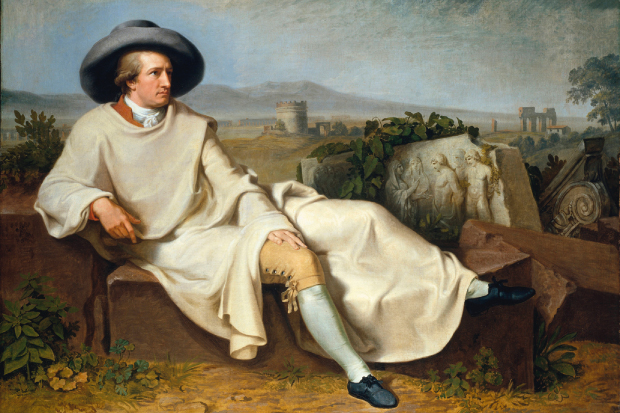

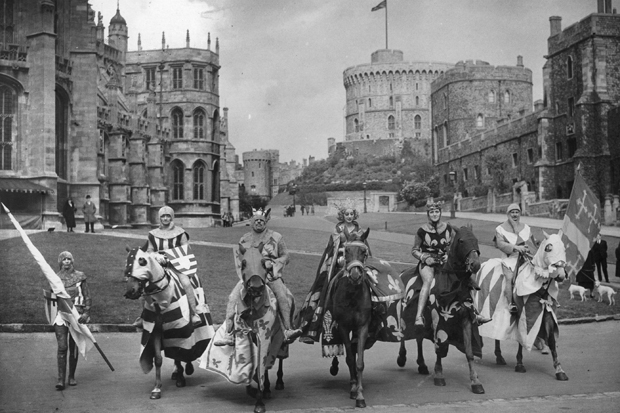
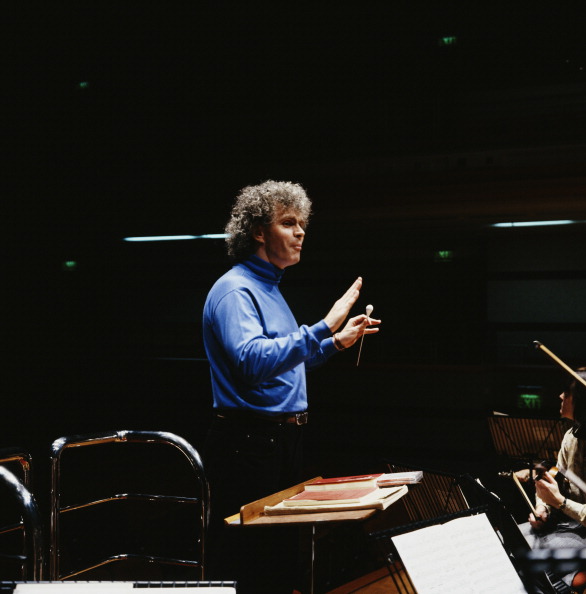
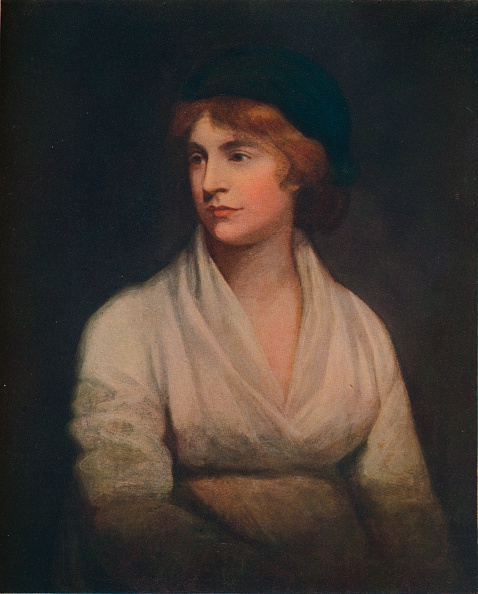
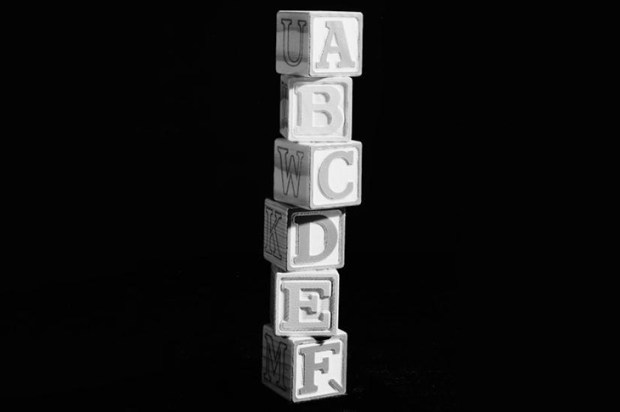







Comments
Don't miss out
Join the conversation with other Spectator Australia readers. Subscribe to leave a comment.
SUBSCRIBEAlready a subscriber? Log in